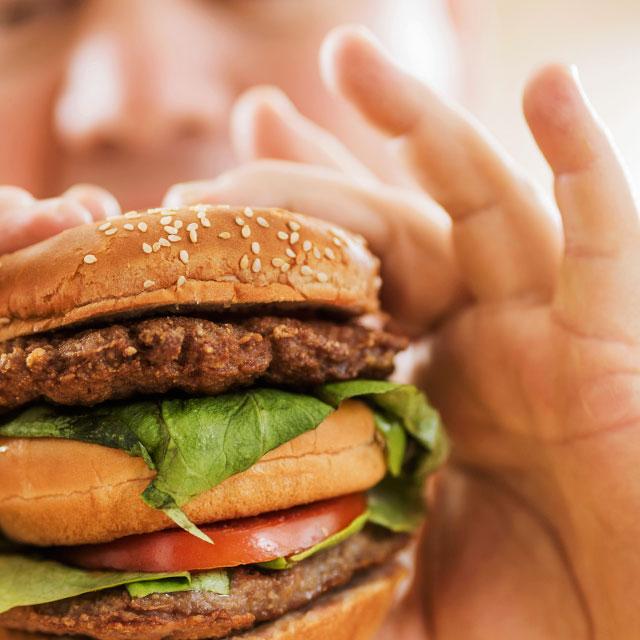Phantom Fats: Physique Dysmorphic Dysfunction After Weight Loss

Physique dysmorphic dysfunction is much less about look than anxiousness about it.
Some individuals who have misplaced weight have hassle embracing their new, slimmer shapes. They might nonetheless understand themselves as very heavy, even when the reflection within the mirror reveals a a lot smaller particular person.
This phenomenon is typically known as “phantom fats” or “phantom fats syndrome.” The medical time period is physique dysmorphic dysfunction, mentioned Giovanni M. Billings, Psy.D., a psychologist who works with surgical weight reduction sufferers. The dysfunction can contain different facets of an individual’s self picture, not simply weight.
“When individuals have physique dysmorphic dysfunction, they’re preoccupied with one thing about their bodily look they understand as a flaw, even when that ‘flaw’ just isn’t observable to others,” Billings mentioned. “This preoccupation may embrace repeatedly checking a mirror, looking for reassurance from others, or mentally evaluating themselves to different individuals. An instance of this is likely to be a physique builder who by no means sees himself as sufficiently big, so he works out consistently to deal with this perceived flaw in his look.”
Picture vs. actuality
Why would individuals who’ve misplaced weight nonetheless understand themselves as very giant or heavy?
“Whereas weight can quantified by a stepping on a scale, an individual’s self-image is a extra summary factor,” Billings mentioned. “Our beliefs, previous experiences, relationships, cultural context and conduct all play an element in how we expect and really feel about ourselves.” If a few of these areas haven’t modified regardless of the load loss, he mentioned, an individual may nonetheless really feel the identical approach about themselves as they did once they have been heavier.
The individuals almost certainly to expertise this distorted physique picture are these with despair or obsessive-compulsive dysfunction, mentioned John Cleek, M.D., a bariatric surgeon. They have an inclination to zero in on imperfections and understand them as main flaws.
The seeds of the issue are current earlier than their weight reduction, Cleek mentioned; the dysfunction has extra to do with psychology than with a change in dimension. It’s a uncommon expertise, affecting maybe 3 % of people that have misplaced an excessive amount of weight, although Cleek famous that there could also be extra who don’t admit to it.
The quantity of weight somebody’s misplaced doesn’t appear to affect whether or not they develop the dysfunction, he added. For instance, he recalled a medical weight reduction affected person who had a physique mass index (BMI) of 27. That signifies extra weight however not weight problems. However this affected person felt overweight, and obsessed over shedding 1 to 2 kilos per week.
Physique dysmorphic dysfunction considerably resembles consuming issues through which ladies, particularly, view themselves as too fats when they could be at a traditional weight. Not like anorexia or bulimia, physique dysmorphic dysfunction impacts women and men equally, Cleek mentioned. However consuming issues don’t look like a threat issue, he mentioned.
Indicators of physique dysmorphic dysfunction embrace:
- Repetitive behaviors, corresponding to compulsive grooming or consistently checking the mirror.
- In search of frequent reassurance from different individuals about look.
- Fixed anxiousness stemming from ideas about dimension and look. This can be a notably robust symptom of physique dysmorphic dysfunction. “If a person turns into consumed with eager about weight, form and perceived flaws, it may detract from the flexibility to focus at work or college or interact in regular each day actions,” Billings mentioned.
How you can rid oneself of “phantom fats”
It’s troublesome to convey self-perception and actuality into alignment.
Some individuals may must cope with a relationship through which the particular person’s weight performed a key function, or with previous experiences of being bullied or shamed, Billings mentioned. Others could must follow telling themselves totally different messages about their dimension.
“Engaged on viewing oneself as an entire particular person with various components, pursuits and sides – versus over-identifying with and/or attaching a lot significance on the bodily self – is also useful,” Billings mentioned.
A therapist may also help. Cleek added that antidepressant drugs are a typical therapy. For those who’re sad together with your look even after reaching a wholesome weight, it’s time to hunt counseling, each medical doctors mentioned.
In any case, being wholesome must be about how nicely you possibly can stay your life, Cleek mentioned: “Life is a lot greater than a pound or two on the size.”




